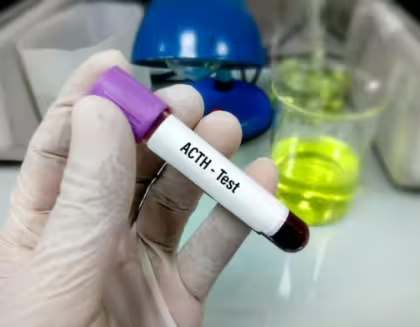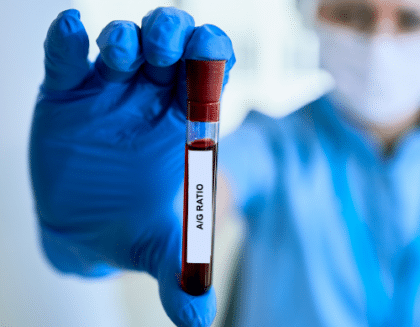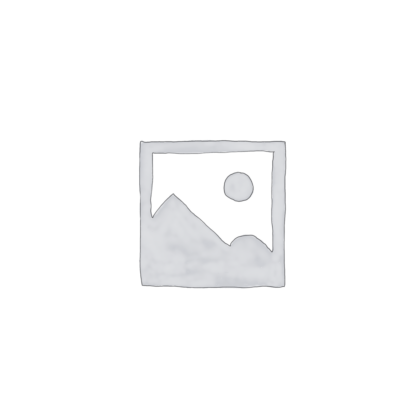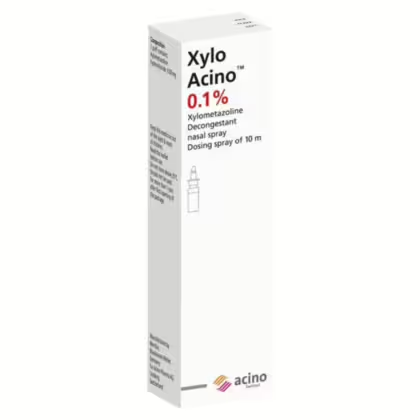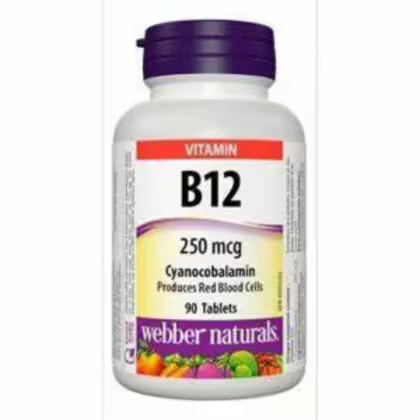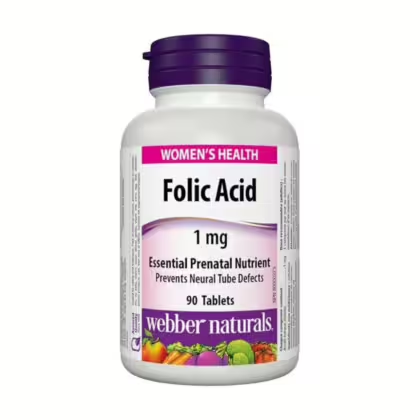
Can cholesterol cause a heart attack? Well, this is a common question. But first, do you know what’s one of the leading causes of heart attacks? It’s not smoking, it’s not obesity, and it’s not even high blood pressure. It’s cholesterol!
Your body needs cholesterol to build healthy cells. However, too much cholesterol can build up in your arteries, making them narrow and hard. This can lead to heart diseases such as heart attack, and stroke.
That’s right, cholesterol can cause heart attacks. And it’s not just any type of cholesterol that’s dangerous. It’s LDL cholesterol, which is also known as “bad” cholesterol. LDL cholesterol can build up in your arteries, making them narrow and hard. This can restrict blood flow to your heart, which can lead to a heart attack.
A high level of LDL cholesterol is one of the main risk factors for heart attack. If you have high cholesterol, you are more likely to develop plaque in your arteries. Plaque is a fatty substance that can build up and narrow your arteries. This can restrict blood flow to your heart, which can lead to a heart attack.
So, now you know that cholesterol may cause a heart attack. But luckily, there are a number of things you can do to lower your cholesterol and reduce your risk of heart attack. These include:
If you have high cholesterol, it is important to work with your doctor to develop a plan to lower your cholesterol and reduce your risk of heart attack. Consult a doctor for free now!
You know the answer to “Can cholesterol cause a heart attack?” and might be worried if you get one! Don’t panic, but it’s important to know the signs and symptoms so you can seek help right away. A heart attack is a medical emergency, and early treatment can save your life. Common symptoms include
If you experience any of these symptoms, seek medical attention immediately.



